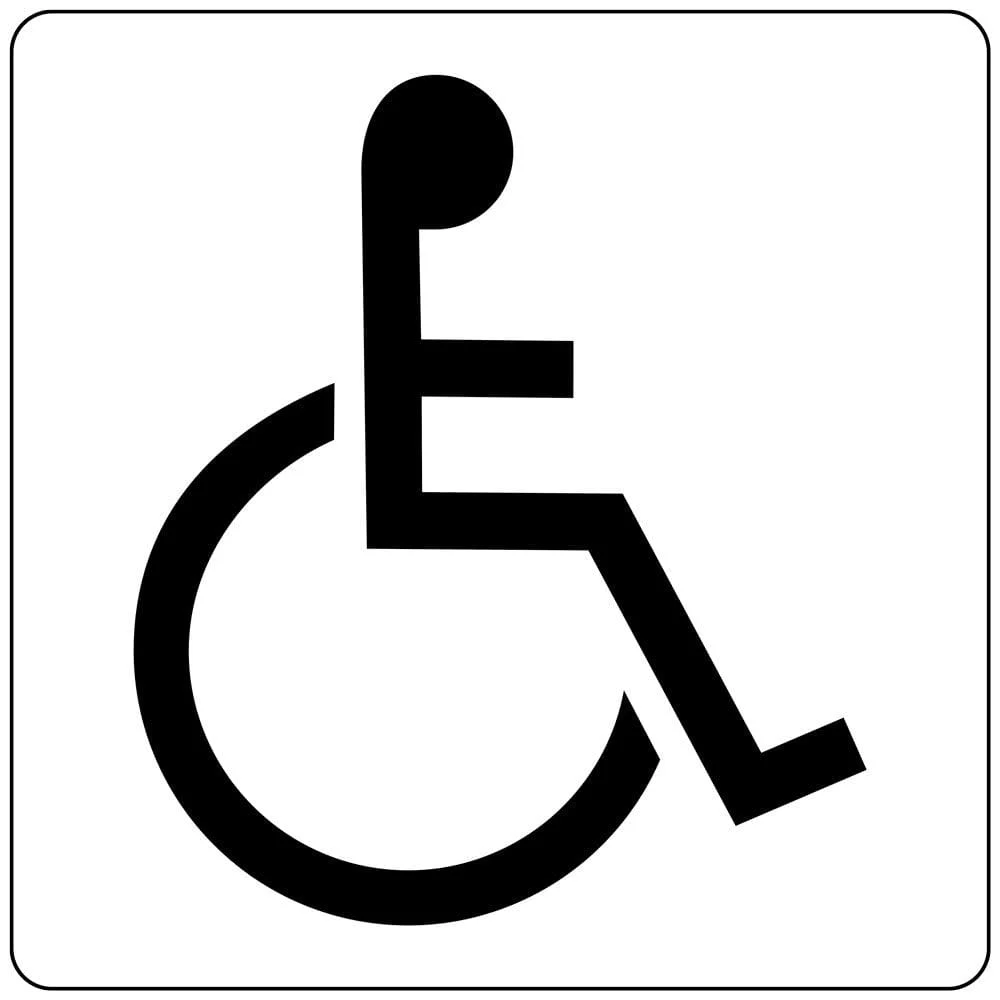
As cold weather sets in and the nights become longer, there’s no doubt we’re approaching the Fall season. For those who struggle with hearing loss and other issues, these months can be particularly challenging, especially when it comes to managing your ear health in the colder and wetter months of the year.
Why our ears are affected by changes in the weather
You may be wondering; why exactly are my ears so affected by the Fall chill? Surprisingly, it all comes down to fat. Unlike other parts of the body, ears don’t have the fatty protective layer to keep them warm. For those out and about in this weather, that means your ears cool the fastest.
There’s a reason earmuffs and hats are popular for the colder months, and that’s because our ears and nose are among the first areas to feel the chill. Especially in locations where the wind is a serious issue, our ears can be harmed by a lack of protection. This can lead to a range of different hearing issues, from tinnitus to hearing loss and anything else in between.
Despite Fall coming around every year, our ears never quite get used to that chill. Ringing ears, a build-up of ear wax, or even trapped water are common side effects of the weather. For some, these conditions can be highly stressful and even painful, needing urgent care and attention. Fall weather is not something to be underestimated, and taking preventative measures is always worth it to improve your health and happiness.
How seasonal allergies can affect hearing
You may think of seasonal allergies as typically a part of the Summer months, but Fall can hold problems all its own. Hay fever is in full effect for much of the season, often leading to a host of different uncomfortable symptoms. These include ear-specific issues like:
– Temporary difficulty with hearing
– A feeling of fullness or swelling in the ear
– Build-ups of wax in some cases
– Itching or stinging ears
– Pain in the inner ear from sneezing
– Tinnitus
– Vertigo-like symptoms
While some are more common than others, all of these seasonal symptoms can affect anyone. If you’re particularly prone to bad health in your ears, Fall can make it worse. For those who suffer from allergies, the start of this season can be particularly problematic. Speaking to a doctor about severe issues like tinnitus is an excellent place to start, as can ensuring earwax build-up removal is completed promptly by a professional if needed.
Looking out for symptoms
There’s no doubt that the colder months generally leave a lot of us feeling run-down. But if you’re struggling with ear pain or issues, knowing to differentiate general illness from specific conditions is essential. Blocked sinuses, ‘full’ feeling ears, and even reduced hearing can all be a regular part of being ill. Individuals who already are vulnerable to ear pain are far more likely to get viral ear infections than others from colds and flu.
Symptoms to watch out for, especially if they last for longer than a few days, are:
– Aching or pain inside the ear
– Swelling inside the ear and retention of wax and water
– Feeling of fullness and reduced hearing
– Little or no hearing in one or both ears
Should any of the symptoms persist, consulting a professional is the best option. If a doctor recommends hearing aids, Signia offers a full range to suit just about any lifestyle. While some symptoms go away over time, it’s always worth checking with a hearing care professional to ensure your long-term health.
Protecting your hearing outdoors
From hunting to leaf blowers, football games to other outdoor activities, Fall can take a toll on your hearing. Ensuring you have ear protection on hand is vital. If you think noise levels will reach above 80 dB, using earplugs can promote better ear health. Other options include earmuffs for colder weather, as well as noise-canceling headphones. The wind is also a significant factor for noise, especially during storms. Protecting your ears can make all the difference to the longevity of your hearing, so invest in proper protection today.
Water-resistant hearing aids are equipped to withstand the damp and rain in the Fall
For those with acute hearing loss or in need of a little help, hearing aids make all the difference. But in the wetter, colder months, can your current hearing aids withstand the weather? Weather-resistant hearing aids are the ideal solution to this issue. Hearing aids from Signia tick all the boxes, allowing you to venture outside even in wet and stormy weather without fear of damage or breaking.
Fall is firmly upon us, and it’s more important than ever to put your health first. Protect your ears to prevent injury or pain from occurring, and make sure you dress warmly to keep those germs at bay. If you’re considering investing in hearing aids that are practical come rain or shine, then give Signia a try. Our weather-resistant models are designed to meet just about any challenge. In the meantime, make sure to talk to a professional about any ongoing ear problems and make the most of these few months of damp, but enjoyable, weather. The snow and ice of Winter is just around the corner, after all.
Click here to access the original article by Signia.

